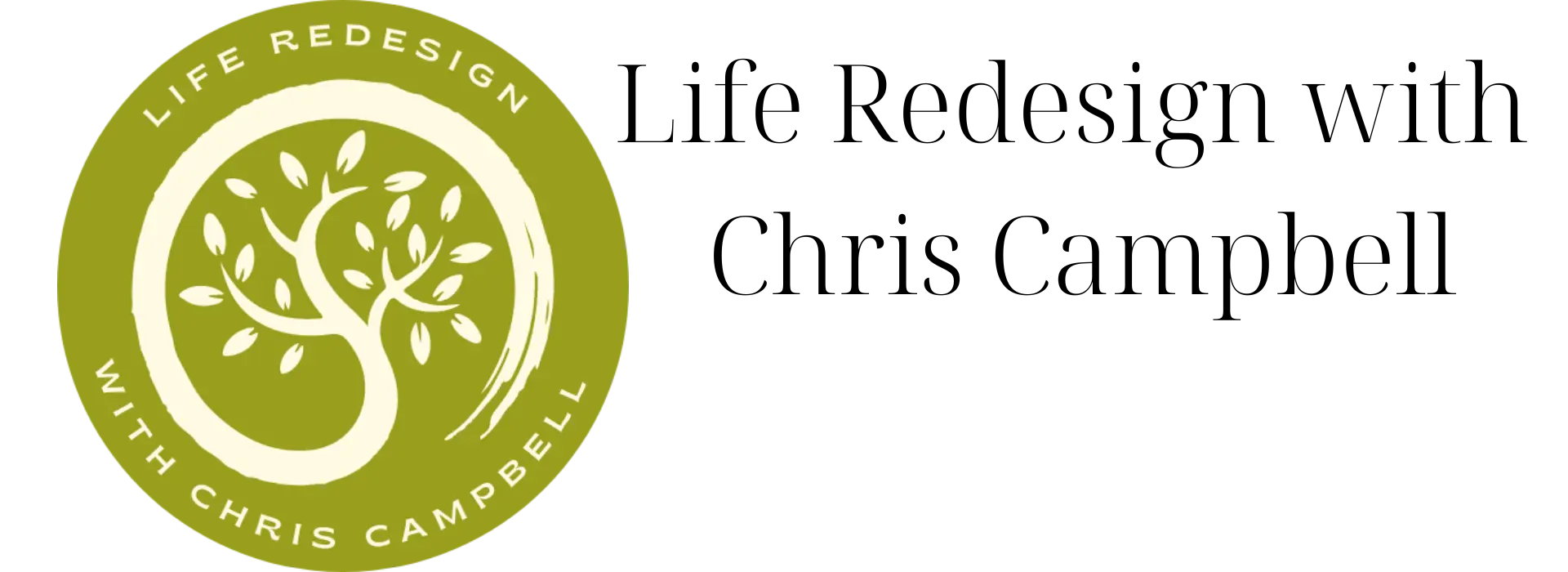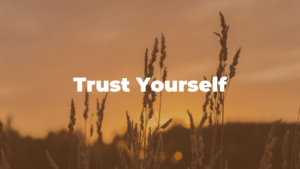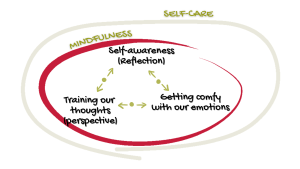Divorce can be good for our kids. And I’ve been lucky enough to share my home with living, breathing examples of this controversial statement! Before I tell you this story, you may want to read Can Divorce Be Good For Our Kids?, Part 1 of this topic of kids and divorce.
My present home, which it has been for the last 3 years, is in a friend’s holiday home on this little remote island in the middle of the Atlantic, called Porto Santo.
It has a long, beautiful sandy beach and lovely people. I always say, as soon as you step off the plane and your feet touch the ground, everything slows down. A wonderful place for some quiet time to recharge your batteries. It has definitely recharged mine. So, if you haven’t experienced it yet, add it to your must-visit list.
Anyhoo, my friends wanted some significant work done to their house. As a way to cut down their costs, I explored recruiting volunteers (Worldpackers) to help with the work in exchange for experiencing this wonderful island life and the very beautiful and diverse biosphere that it offers.
The first to apply were a young German couple. Nina, 19 and Jakob, 20 years old.
Nina, Jakob and their Patchwork Family
In one of our conversations, I became aware of both of their complex family structures. Both of their parents are divorced and this is what each of their family structures looks like:

Although some of their parents have not necessarily stayed friends after separating, they all still ‘get on’ with each other. Jakob’s family even has a whole family meeting every two years.
In most literature, these types of family structures are referred to as blended families. But Nina and Jakob very matter-of-factly referred to their family structures as Patchworkfamilie, as it is known in Germany – which translates super easily to Patchwork Family in English.
But this term, Patchwork Family, represents a blended family so beautifully, that I’m going to continue using the term from here on in. And although I have focused on divorce, we know that a significant amount of Patchwork Families develop where couples have had kids out of wedlock with separation bringing the same challenges.
Nina and Jakob go travelling
But let me share a little more on Nina and Jakob.
This is the first time they had actually travelled and lived together.
They were…
● both unvaccinated, committed to travelling and staying unvaccinated with quiet conviction two years into the pandemic.
● both vegetarian and seemed to enjoy eating a healthy diet most of the time and were very open to trying new foods.
● not glued to social media nor did they commit any time to posting about their travelling antics on social media.
● extremely respectful and maintained regular contact with both sides of their families.
● able to have difficult conversations with confidence and openness.
● talking with each other almost constantly and there was always lots of laughter heard between the two of them, in company and behind their bedroom door.
● not joined at the hip. Every now and then, if they wanted different things, they would go their separate ways to do whatever each of them fancied at that time.
● enthusiastically committed to going out every day, experiencing the island and the locals.
● completely comfortable in looking silly. Like the time they were dancing around the garden while grouting tiles, with their speaker nice and loud, knee pads on and wearing a couple of my hats which they’d never choose to invest in themselves.

When Nina suffered with period pains, Jakob filled her hot water bottle for her.
They already had reasonably strong healthy views about society which they were confident in sharing, showing interest and little judgement in hearing the views and beliefs of others.
They are still both trying to figure out ‘what they want to be’ but this is one of the things they are actively exploring as they travel.
The elements of healthy relationships
The work I do is about helping individuals from all walks of life, have healthy relationships, with others, and with themselves. Healthy relationships, as a general rule, require the following essential elements:
● Mutual honesty
● Mutual respect
● Mutual trust
● Mutual affection (romantic relationships)
In other words, if it doesn’t have these, there is either room for improvement or it’s time to say “thanks but no thanks” and walk away.
Nina and Jakob’s relationship seems to possess all of the four elements of a healthy relationship. Something many of us struggle to obtain for most of our lives – even when we have grown up with what we considered loving, committed parents.
In Part 1 on this topic I talked about how I struggled myself by failing to know the difference between healthy and toxic relationships, as well as with guilt for creating a ‘broken home’ for my daughter.
We know that kids thrive when they know what to expect, and that divorce disrupts what they are used to. But when kids know that one of the certainties in life is uncertainty, and they are allowed and supported in dealing with life’s challenges, children do learn and develop resilience.
I do believe that kids like Nina and Jakob were most likely encouraged to develop their resilience from an early age. Not only to deal with their parents divorcing, but to travel the world at the ages of 19 & 20, unvaccinated during a pandemic.
Turning a negative experience into something positive
If you read Part I of this blog series, it makes it clear that divorce is always going to have some kind of negative impact on the kids.
Even Jakob, who I have portrayed as having a seemingly rosy outcome from experiencing the divorce of his parents, shared the challenges he experienced from the divorce.
As the eldest of three boys, at the age of 16, he felt responsible for supporting his younger brothers through the experience.
Another significant challenge for him was the struggle in maintaining a strong relationship with his father and having to come to terms with their relationship changing due to the limited access to him.
Now I have never spoken to or met Nina and Jakob’s parents so I have no idea what they are like other than Nina and Jakob suggesting they do not experience any challenges in relation to each of their parents’ relationships with each other and they have loving relationships with both of their parents.
The seemingly positive outcome of Nina and Jakob as they are today, following their parent’s relationships coming to an end, could be down to down to a number of things. It could mainly be down to parenting, or the reasonably tight guidelines in relation to divorce in Germany, or societal tolerances and norms in Germany (it has one of the lowest domestic abuse rates in Europe) have played a strong role. I really couldn’t be sure without having extensive conversations with all concerned.
But one thing Nina and Jakob make clear for us, is that it is 100% possible for kids to grow up well-balanced and resilient following not only the divorce of their parents, but the merging of other families to create their Patchwork Families.
Kids from ‘broken’ homes don’t need to be ‘broken’
As I have mentioned in Part I of this blog series, ending a relationship with an individual who demonstrates particularly toxic behaviours, is going to be a long-term challenge for anyone. The hard truth is that there is no getting away from that other than being able to recognise these traits early on in the relationship and not having kids with toxic type personalities in the first place.
But for all of you out there who are experiencing supposedly ‘normal’ relationship unhappiness and breakdowns, Nina and Jakob are clear evidence that just because your kids have come from a ‘broken home’, it doesn’t mean they have to be broken. And a broken home doesn’t have to be broken – it can be transformed into a lovely patchwork.
A moment for self-reflection
What does all this mean for you?
I’d like to encourage you to reflect on your present relationship. Ask yourself:
● Does my relationship meet the four essential elements of a healthy relationship?
● If it doesn’t, am I going to be self-loving and commit to doing something about it to create a longer term positive outcome – for me and my kids?
● Am I encouraging my kids to build their resilience to be able to deal with uncertainty so that they can feel confident in making the most of the opportunities life’s challenges are going to throw at them throughout their life?
And my final question is, if divorce can create the result of the two young individuals who came to share my home, is divorce as a norm, really such a bad thing?
These two lovely young people have made me realise that, not only does divorce not have to have a long-term negative impact on kids, but it can actually contribute to creating even more well-rounded, resilient children.
But however lovely it was to get to know these two young individuals, until my next volunteers arrived, I appreciated being able to dance around my house naked once again.
Published with the permission of Nina and Jakob
Whether you’re single because you struggle to maintain healthy relationships, you’re divorced and still struggling with the aftermath, you’re considering separation or divorce, you know you’re in a toxic relationship but can’t see a way out, or . . . you recognise you just need a good dosing of self-love, click HERE to get in touch.
To get more titbits to help you build self-awareness and all things self-loving to become emotionally resilient, sign up to my newsletter and see how your relationship not only improves with yourself, but with those you care about too.![]()




